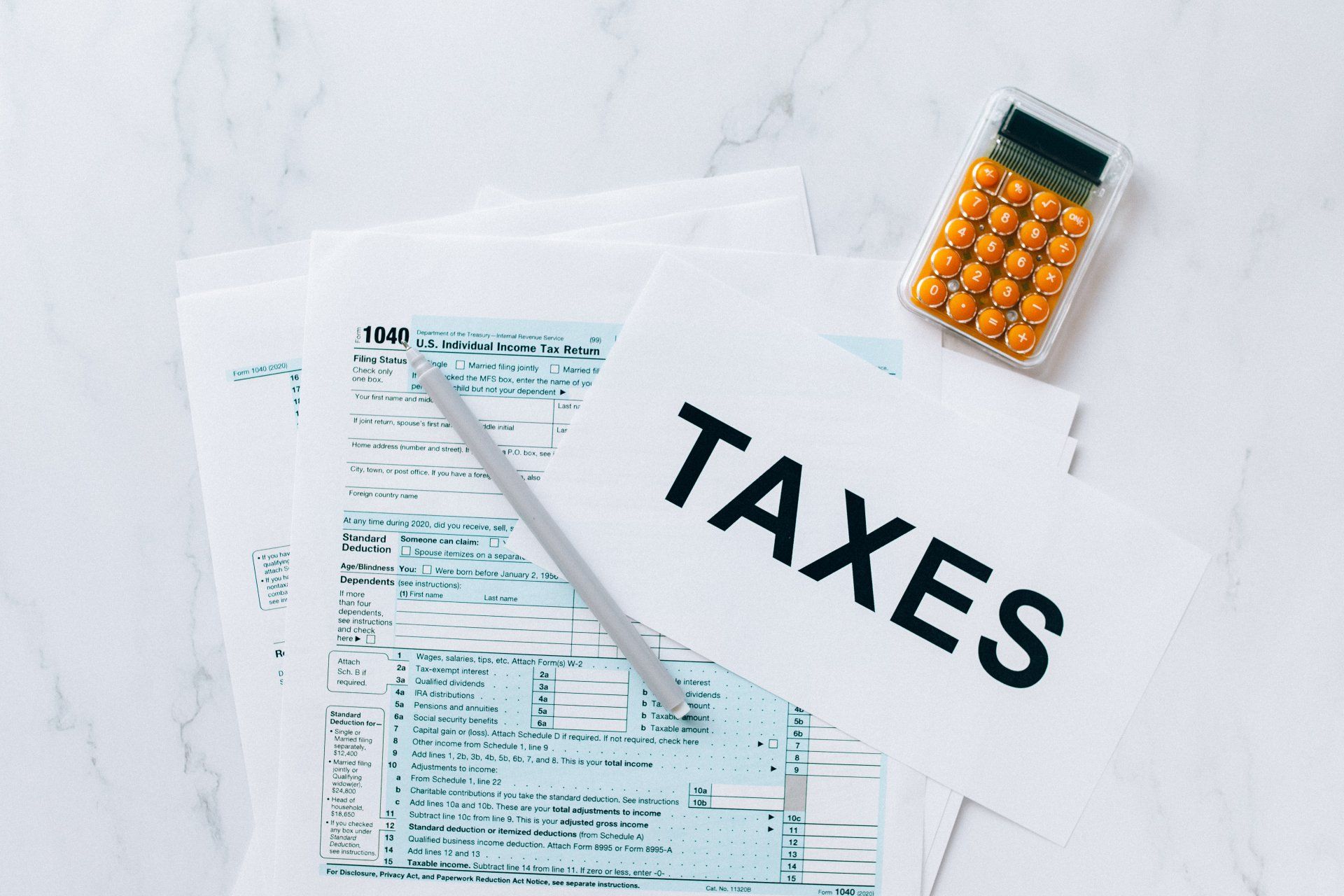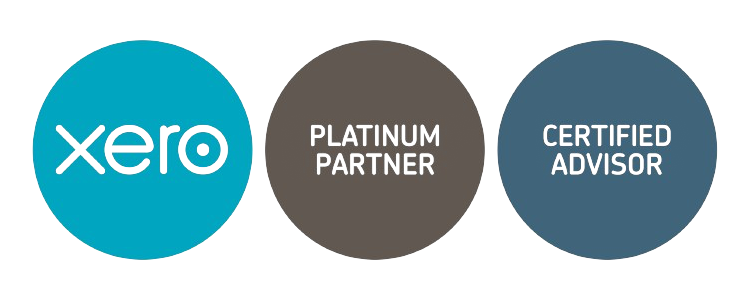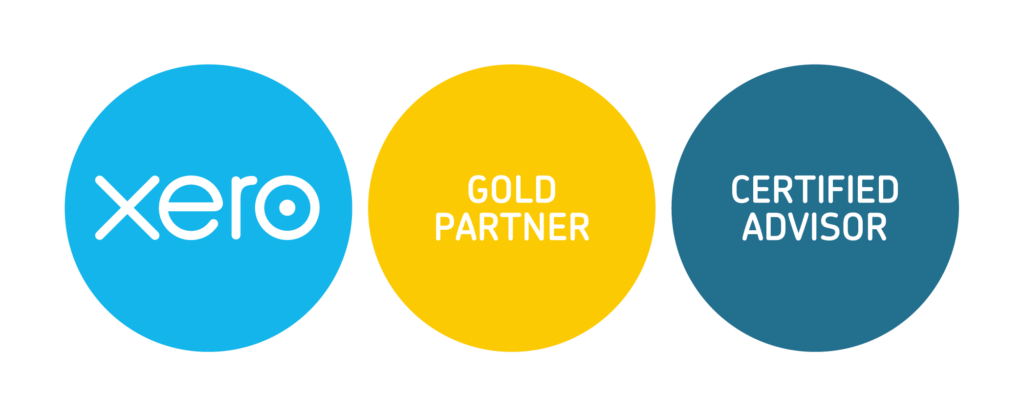CFO GROUP INTEGRATED SERVICES
Goods & Services Tax (GST) in Singapore
CMO Media Lab Pte Ltd • January 10, 2022
GST is an indirect tax levied on goods and services sold for local consumption. Consumers pay the GST, but it is remitted to the government by the businesses that sell the products and services. Thus, GST is, in essence, a source of income for the government.
According to the Inland Revenue Authority of Singapore (IRAS), certain businesses must register for GST, while others may do so freely, according to the Inland Revenue Authority of Singapore (IRAS). GST returns must be filed with IRAS by all GST-registered businesses.
What is Goods & Services Tax (GST)?
The Goods and Services Tax (GST) is a consumption tax applied in Singapore on the supply of products and services and the import of goods. GST is an indirect tax applied to the selling price of goods and services delivered by GST registered business entities in Singapore and is stated as a percentage (currently 7%).
GST is a tax levied on the final customer. Hence it is not a cost to the business. Businesses just serve as collection agents for the Singapore tax authority.
When Do Singapore Businesses Need to Register for GST?
If a company's revenue from taxable supply surpassed S$1 million in the previous 12 months or is expected to reach S$1 million in the future 12 months, it must register for GST. The former is referred to as a retrospective liability to register, whereas the latter is a prospective liability.
Retrospective Registration
Effective from 1 January 2019, a company must register for GST if its taxable turnover is at the end of the calendar quarter, three months ending in March, June, September, or December. The previous three quarters exceed S$1 million. This necessitated tracking the business's taxable supply turnover at the end of each calendar quarter and registering for GST if the taxable turnover in the previous 12 months exceeded S$1 million.
This quarterly basis for calculating GST obligation has recently been modified. From 1 January 2019 onwards, the need to register for GST will be decided by calculating taxable turnover on a calendar year rather than a quarterly one. If a business's taxable turnover is more than $1 million at the end of any calendar year beginning or after January 1, 2019, it must register for GST. If your yearly taxable turnover reaches $1 million, you must monitor it at the end of each calendar year, on December 31st, and register for GST.
Prospective Registration
If you have reason to believe your revenue from taxable supplies in the next 12 months will exceed one million Singapore dollars, then a business needs to be registered for Goods and Service Tax (GST). Supporting documents such as contracts, agreed quotations, and confirmed purchase orders are all necessary when registering with tax authorities so that they know we're worth it! However, if nothing else, at least make sure you got some numbers on file beforehand.
Voluntary Registration for Goods & Service Tax (GST)
You can register for the GST depending on your business operations if you are not liable to compulsory registration. However, the plan has to be in place, and there must also have been some sales so far (taxable supplies). Please note that this is additional information about what it takes to choose voluntary tax registration instead of being forced into something they don't want!
When registering for the GST, you must remain registered and comply with all regulations. To do this, your records must be kept up to date for five years even after deregistering from tax compliance requirements or additional conditions imposed by the authorities.
Exemptions From GST Registration
You must register for GST if your annual taxable turnover exceeds S$1 million. However, if you fulfill both of the following requirements, you may seek registration exemption:
1. The proportion of your zero-rated supply to total taxable supplies surpasses 90%.
Total taxable supplies are the total of standard-rated and zero-rated goods but do not include the following:
- The cost of relevant supplies acquired from your supplier and subject to customer accounting.
- The value of imported services is subject to reverse charge.
2. If you were GST-registered, you would be in a net refundable situation.
The term "net refundable position" refers to a situation in which the output tax charged is less than the input tax claimable on GST-registered suppliers' imports and/or purchases.
After your exemption application is approved, you are not required to collect GST on your sales or submit GST returns. However, you will not be able to claim the GST paid on business purchases of goods and services.
To apply for exemption, please fill out the GST F2 "Application for Exemption from Registration" (PDF, 309KB) and submit it together with all needed documentation.
Process of GST Registration in Singapore
Responsibilities of a GST-Registered Business
Once a business is GST-registered, it must fulfill its obligations as a GST-registered business beginning on the effective date of GST registration.
A GST registered business responsibilities:
- Businesses that supply goods and services in Singapore will have to charge 7% GST for their customers. A return must be submitted online with e-Filing within 1 month of the end of each accounting period, detailing both input tax (what has been paid) as well output taxes collected from clients, or else an additional sum may need pay if there are more remittances sent back than received by IRAS.
- To remain compliant with the local tax laws, you must file your GST returns within one month of each accounting period. If there are no transactions during the said time frame, a "Nil" return is required and submitted accordingly by law!
- You need to keep business and accounting records for at least five years, even if the company has been deregistered from GST.
- It's important to display prices inclusive of GST in the prescribed format. Failure to comply is an offense that can result in a fine up to $5,000!
- Issuing tax invoices/customer accounting tax invoices for standard-rated supplies with a GST registration number. A simple tax invoice may be produced if the invoice amount does not exceed $1,000.
- Notifying the Comptroller within 30 days of any change in business conditions, such as a change in GST mailing address, company constitution or ownership, changes in partners or particulars of partners, and partnerships formed up with the exact composition of partners.
Penalties for late payment of GST
Failure to e-file may result in a fine of up to $5,000 and imprisonment for up to six months if payment is not made. If the GST return is not submitted by the due date, a penalty of $200 will be levied immediately. A penalty of $200 will be levied every month, up to a maximum of S$10,000 per overdue return.
The IRAS will provide an anticipated assessment of the tax owing, with late payment penalties applied. Only upon submission of the delayed GST return will the anticipated assessment and late payment penalties be amended.
Non-payment or late payment will result in a 5% penalty on the amount of tax not paid by the due date. An extra penalty of 2% per month on unpaid tax beyond 60 days from the due date of the specified accounting period (up to a maximum of 50% of the outstanding tax) may be applied.
Cancellation of GST Registration
Compulsory Cancellation of GST Registration
You must apply for cancellation of your GST registration within 30 days when:
- You have quit making taxable supplies and do not plan to do so in the future
- Your company has discontinued operations.
- Your company is sold as a whole to another individual (the buyer or transferee of your business needs to determine if it is required to register for GST)
- Your company's legal structure has changed (e.g., from a general partnership to a limited liability partnership, or a sole-proprietorship business converted to a private limited company). You do not need to notify IRAS if your company has been merged or if your sole proprietorship has been changed to a partnership (or vice versa) since IRAS will terminate your GST registration once they get the information from ACRA.
Voluntary Cancellation of GST Registration
If you are not required to register for GST, you may request to revoke your registration. However, if you were previously enrolled voluntarily, you must wait at least two years before canceling your registration.
Conclusion
If you are not required to register for GST, you may request to revoke your registration. However, if you were previously enrolled voluntarily, you must wait at least two years before canceling your registration.
If you need assistance with understanding and registering for the GST, our team of account specialists can help.
Frequently Asked Questions










